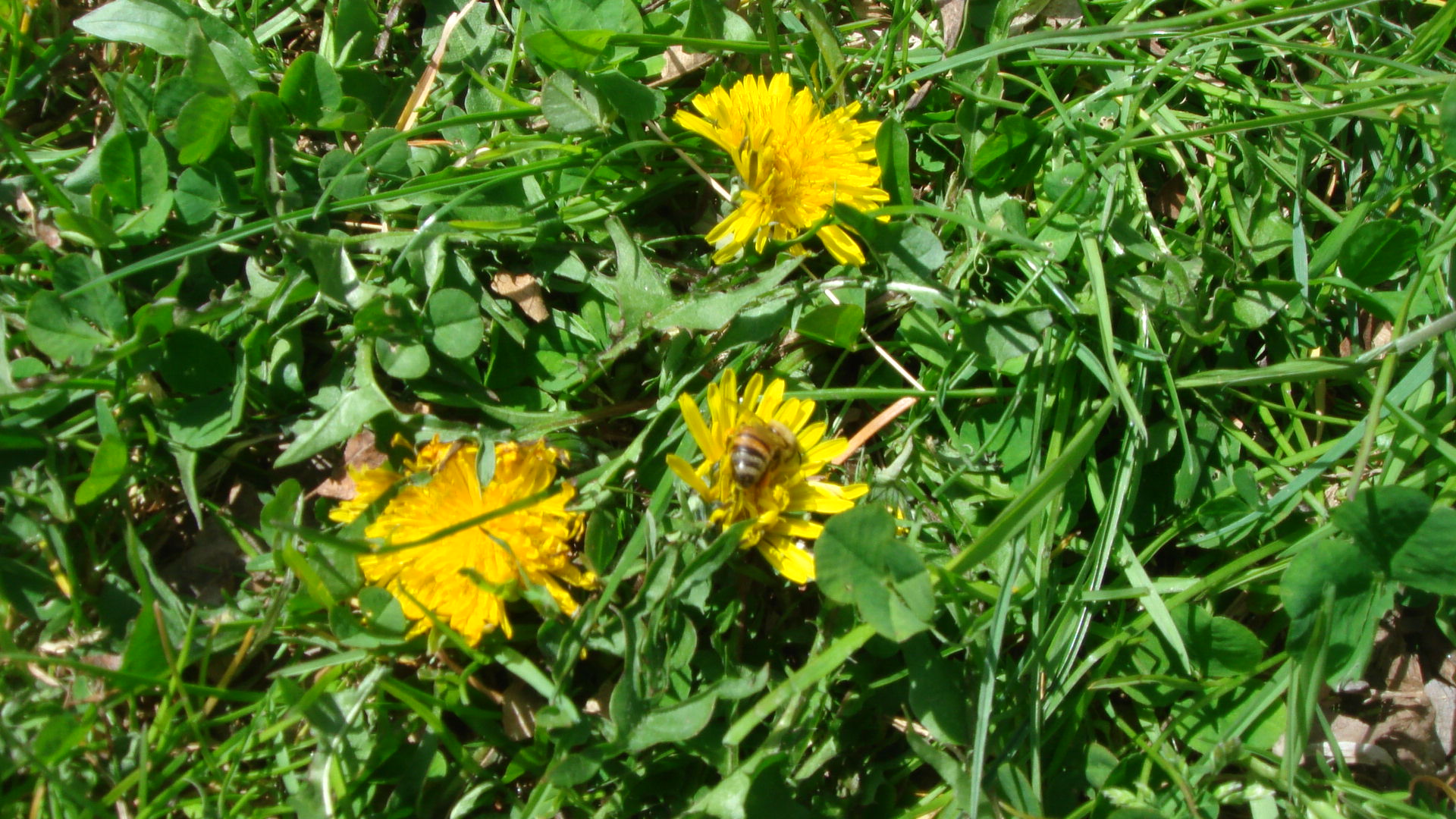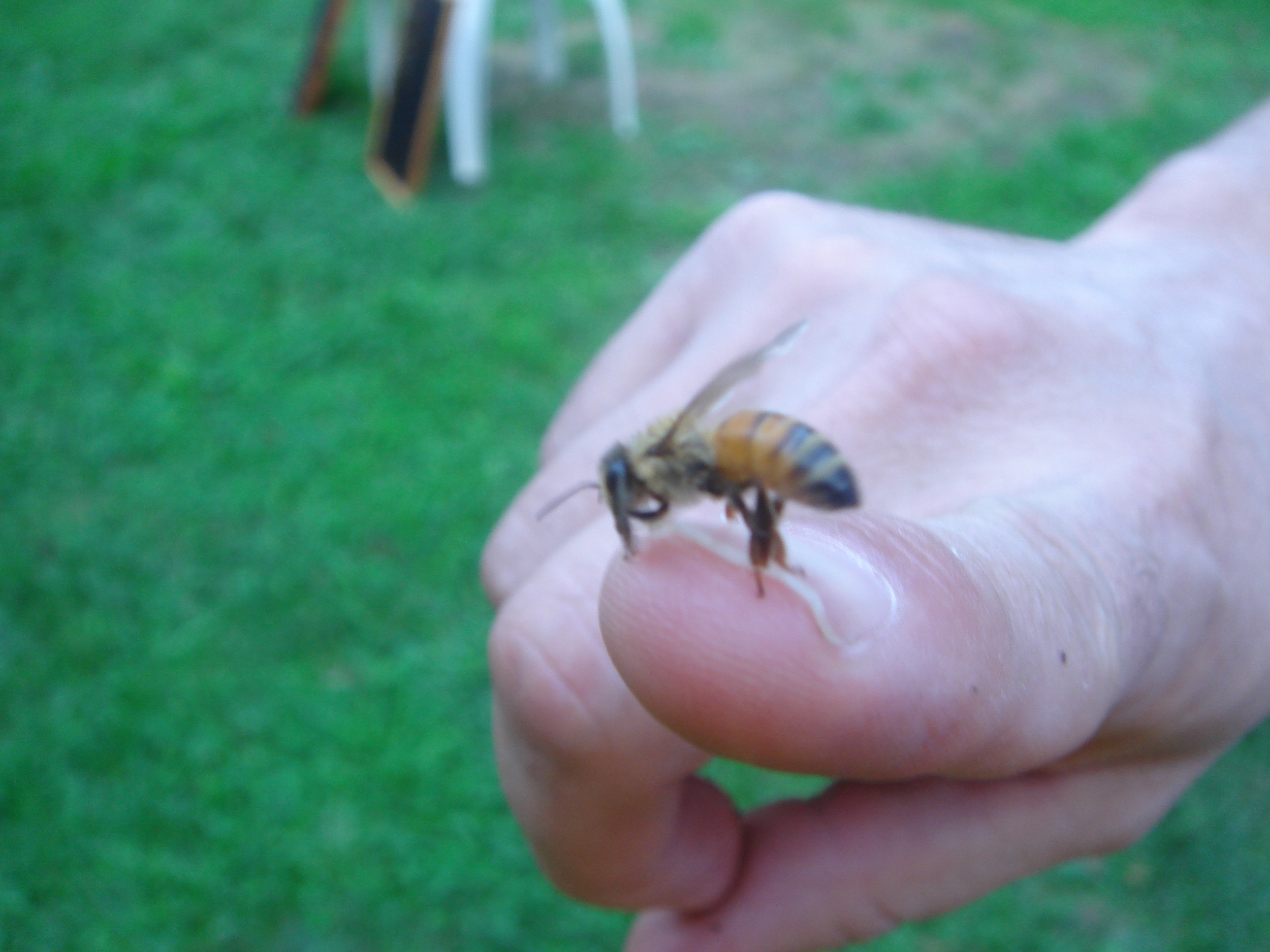 Whether Einstein really said that mankind would perish within four years if all the bees died is less important than the realization that bees are crucially important to our food chain and they are indeed dying at an alarming rate. It is, however, true that Rudolf Steiner predicted 100 years ago that the bee population would be damaged or might die out if we kept raising and treating the bees in an industrial way – and this is exactly what is happening right now. It is also a fact that our crops will decline by about 40% if the bees died out because there are not enough other pollinators out there.
Whether Einstein really said that mankind would perish within four years if all the bees died is less important than the realization that bees are crucially important to our food chain and they are indeed dying at an alarming rate. It is, however, true that Rudolf Steiner predicted 100 years ago that the bee population would be damaged or might die out if we kept raising and treating the bees in an industrial way – and this is exactly what is happening right now. It is also a fact that our crops will decline by about 40% if the bees died out because there are not enough other pollinators out there.
 While big agri farmers and big agri beekeepers still talk about the “mysterious” colony collapse syndrome, and some scientists still remain vague about the cause (“it’s the mites” – no, the bees’ genetic make-up is weak and they can’t stand up to the mites any longer!), the cause is eminently clear to holistic beekeepers and all who are in tune with nature. The bees’ genetic material and immune system have been weakened by the industrial approach to both beekeeping and farming. Monocultures deprive the bees of variety in their food, the poor things feed on a diet of poisons (all the –icides we spray on crops and gardens), industrial beekeepers take their honey away and feed them diluted sugar water instead, and they wake them up in February from their winter slumber, pack the hives by the hundreds onto trucks, and shuttle them up the coast to a different orchard every six weeks. This treatment is worse than what peasant endured in the Middle Ages. No wonder they die of mistreatment and weakness.
While big agri farmers and big agri beekeepers still talk about the “mysterious” colony collapse syndrome, and some scientists still remain vague about the cause (“it’s the mites” – no, the bees’ genetic make-up is weak and they can’t stand up to the mites any longer!), the cause is eminently clear to holistic beekeepers and all who are in tune with nature. The bees’ genetic material and immune system have been weakened by the industrial approach to both beekeeping and farming. Monocultures deprive the bees of variety in their food, the poor things feed on a diet of poisons (all the –icides we spray on crops and gardens), industrial beekeepers take their honey away and feed them diluted sugar water instead, and they wake them up in February from their winter slumber, pack the hives by the hundreds onto trucks, and shuttle them up the coast to a different orchard every six weeks. This treatment is worse than what peasant endured in the Middle Ages. No wonder they die of mistreatment and weakness.
What to do? It is so encouraging that backyard and rooftop beekeeping are becoming so popular. It is also very encouraging that more women, who are naturally more nurturing, are becoming beekeepers. But you don’t have to become a beekeeper to help the situation. Just stop spraying your lawn (what’s wrong with dandelions and clover? the bees love them), stop spraying your roses (find more natural and gentle ways to interact with your garden), buy more organic produce, and simply become more informed.
